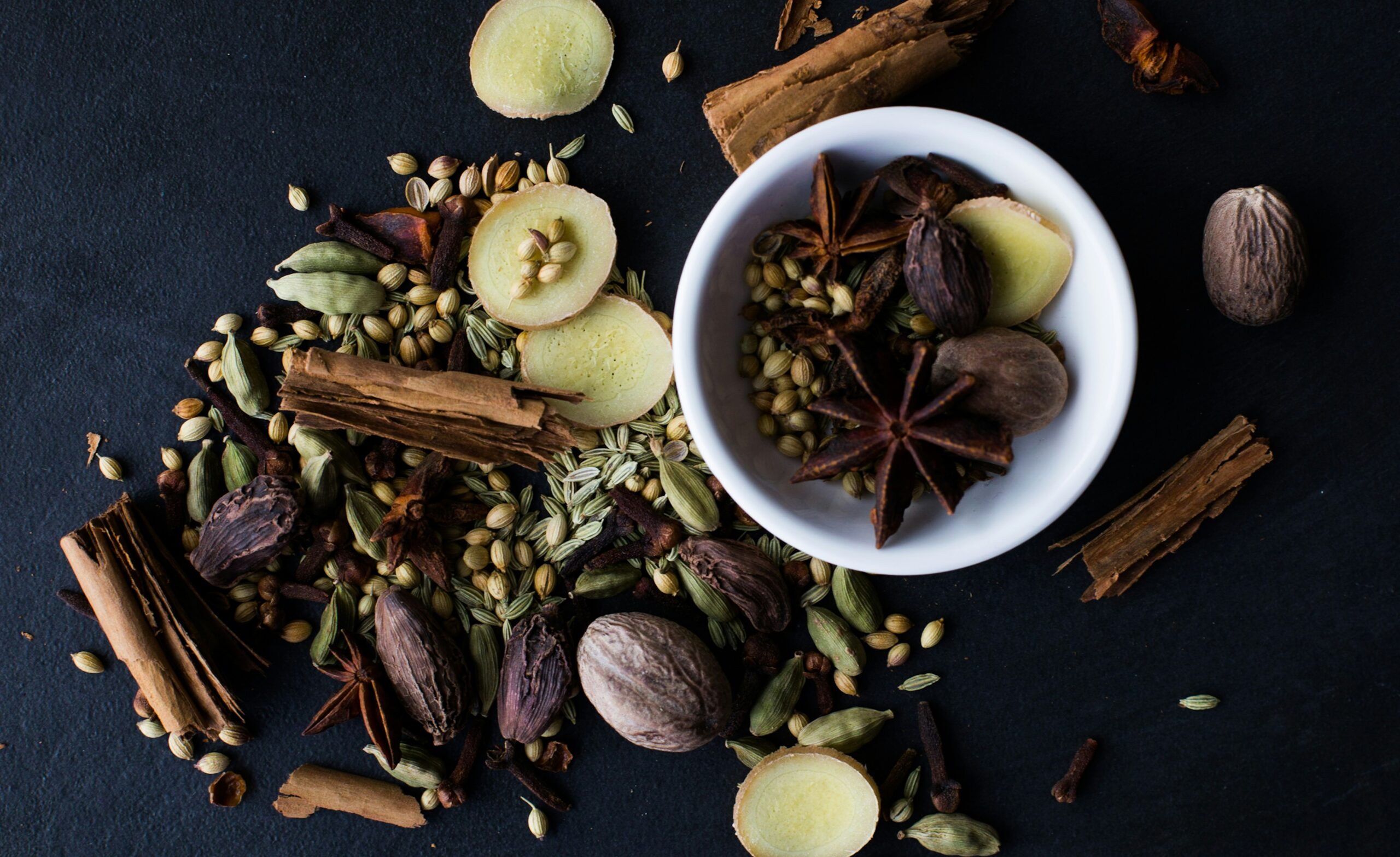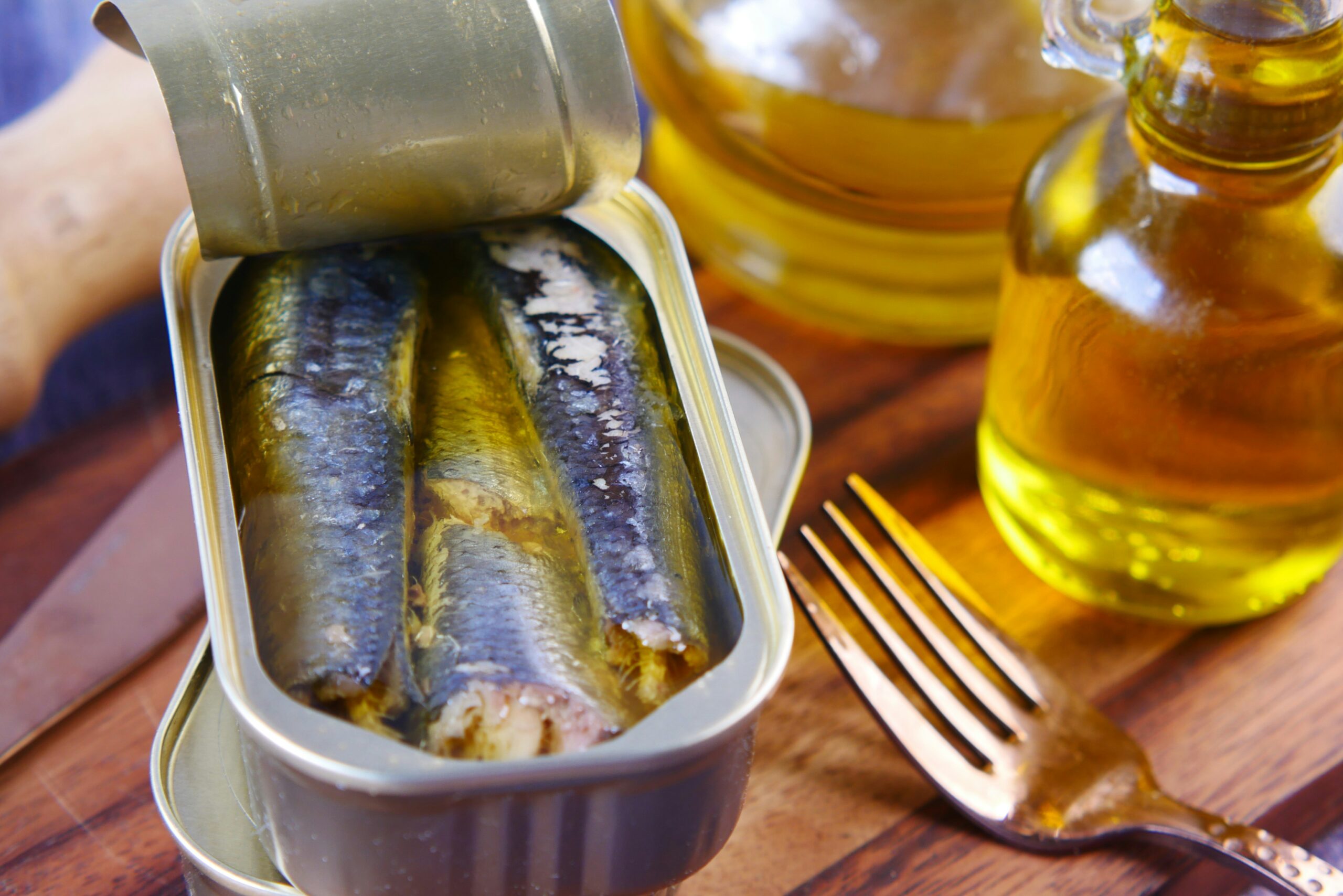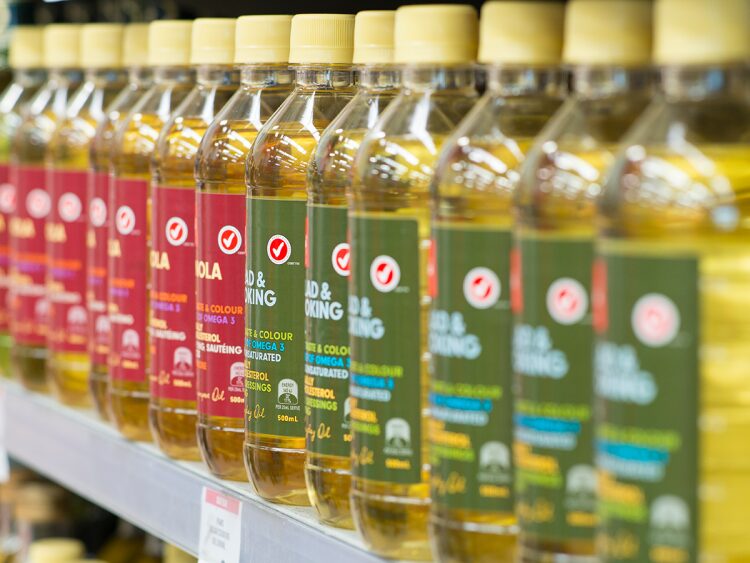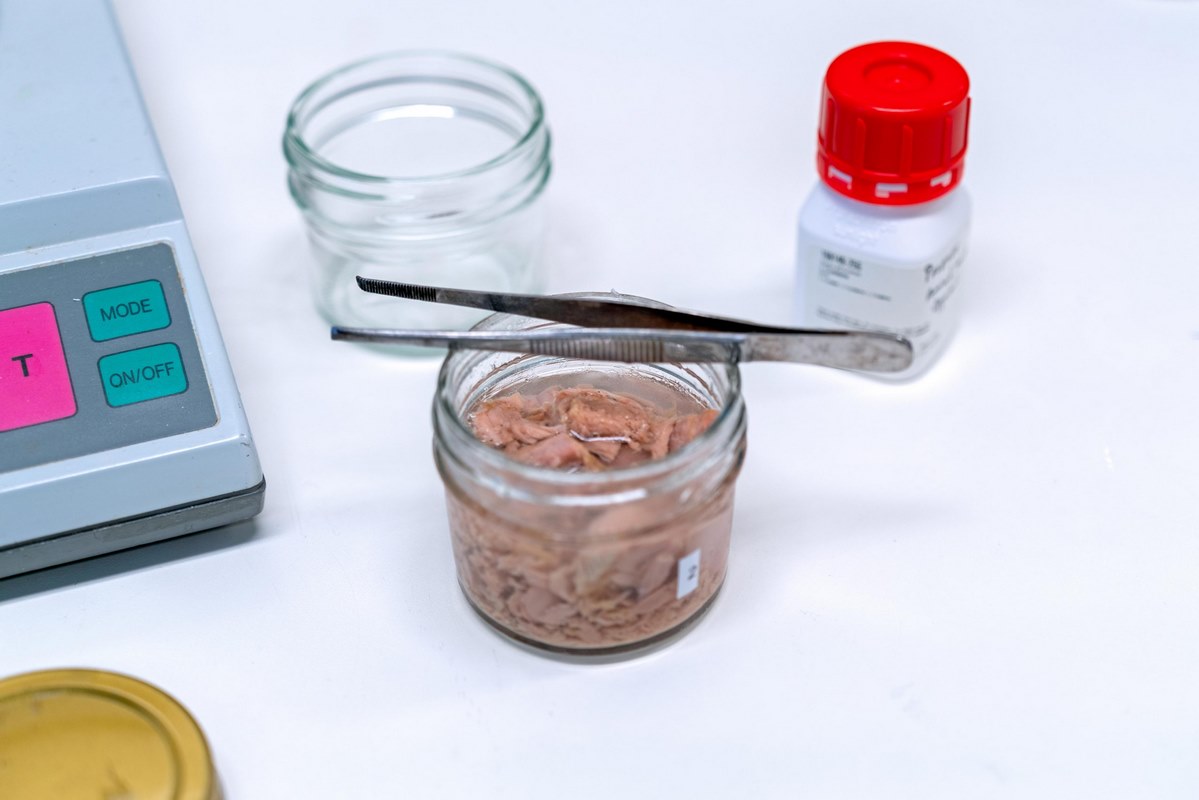The smells of cinnamon, nutmeg, and clove have different uses around the world, but when the scent of these South Asian spices wafts through an American kitchen, it almost invariably means one thing—it’s the most wonderful time of the year.
Mulled wine, gingerbread cookies, and pumpkin spice lattes are just some of the holiday season treats that include these super aromatic spices, but where tradition has relegated them to seasonal cooking in Europe and North America, their historic use in Asia has been medicine.
Cinnamon, nutmeg, and cloves perfectly classify as “nutraceuticals,” a scientific shorthand for foods so rich in fitness-promoting compounds that they mirror the pharmacological potential of synthetic drugs and medicines. Multiple studies have looked at the effects of the cocktails of antioxidants and other nutrients present in these Christmas spices and found they demonstrate potent protection against pathogens through their antibacterial, antiviral, and antifungal effects.
They are commonly cited as potent antioxidants, which bears some explaining. Antioxidants get their name from their function of donating a spare electron to molecules produced as the billions of mitochondria in our bodies generate energy. These molecules are known as free radicals, or reactive oxygen species, and are one of the key drivers of aging, and numerous other diseases—a pathology known as oxidative stress.
However not all antioxidants are created equally, and the potency of some, for example oranges, pale in comparison to the potency of others, for example garlic.
Scientists at the National Institute for Aging at the NIH have developed a scale to measure the antioxidant potential of foods, known as ORAC Values. Looking among the highest-ranked compounds, caloric food is noticeably absent from the top 50. Ground clove is the 8th highest in the world, and is probably one of two or three ingredients in the top 10 you’ll have even heard of. Cinnamon sits at number 16, and nutmeg at 34.
With an ORAC value of 290,000, ground glove is 10 times more potent than cranberries, nearly 19 times more potent than raspberries, and nearly 30 times more potent than an orange.
Oxidative stress was once believed to be the reason we aged at all, which highlights the tremendous importance of including high-quality antioxidants in the diet.
Christmas medicine
In a literature review published at the Osher Center for Integrative Medicine at Vanderbilt, spices were shown to have high value as functional medicines. Some of the items highlighted in the review, such as garlic or turmeric, aren’t universally enjoyed, which is where the Christmas spices come in.
Cinnamon, nutmeg, and cloves are roundly enjoyed for their pleasant smells and the warm sensation they confer, making them an easier suggestion for someone who doesn’t cook with herbs and spices quite often.
Cinnamon has been found to slow gastric emptying, reducing the rise in post-prandial blood glucose. The volatile oils in cinnamon, called cinnamic acid, show antifungal and antibacterial effects, and they can even help with type 2 diabetes patients after being shown to cause a .83% decrease in hemoglobin A1C levels. Cinnamon is a key ingredient in what is known in America as spicy chai tea, and makes for a perfect after-dinner drink for these reasons. Cinnamon is also a great to add to yogurt, sweet potatoes, squash, and baked bread.
Ground cloves are one of the most important spices in Ayurvedic medicine in India, and just a tiny amount of the oils contained within have been shown to kill B tuberculosis. The oils have been investigated for the potential similarities to the common drug paracetamol—to reduce inflammation via Cox-2. Clove also acts as an iron chelator and is effective at clearing hydroxy radicals. It’s been theorized as a treatment for breast cancer and prevents the breakdown of the eye’s retina. As mentioned before, apart from sumac, a spice commonly eaten in Turkish cuisine, and a few other things you’ve probably never heard of, ground clove is the most powerful, edible, antioxidant we know of.
Nutmeg has been investigated, like the other two, for a variety of therapeutic effects. Essential nutmeg oil was found to clear gram-positive pathogenic bacteria species Staphylococcus aureus, Staphylococcus epidermis, and gram-negative bacteria Shigella Dysenteriae, and Salmonella Typhi. Continuing on the theme of medicine, nutmeg has been recorded as a constituent ingredient in treatments for rheumatism, sciatica, malaria, dysentery, nausea, and even the early stages of leprosy.
In India and China, nutmeg is an important and proven antidiarrheal agent, and has also been identified as a potential antidepressant, while another literary review found that nutmeg’s composition of phytonutrients contains compounds known to improve anabolic action in the metabolism of bone, allergenic reactions, and enhance the repressing of lipid peroxidation. One study found that nutmeg alcohol extract remarkably decreased liver function indexes, blood glucose, lipid accumulation, cholesterol levels, and inflammation levels in mice.
Two studies found that nutmeg can or might be able to aid in treating colon cancer, breast cancer, and skin papilloma, while a third found that in vitro non-small-cell lung cancer was suppressed with a multi-herb formula containing nutmeg. WaL
PICTURED ABOVE: The spices that make up what America calls spicy chai, including cinnamon, nutmeg, and cloves. PC: Emily Wade, Unsplash



